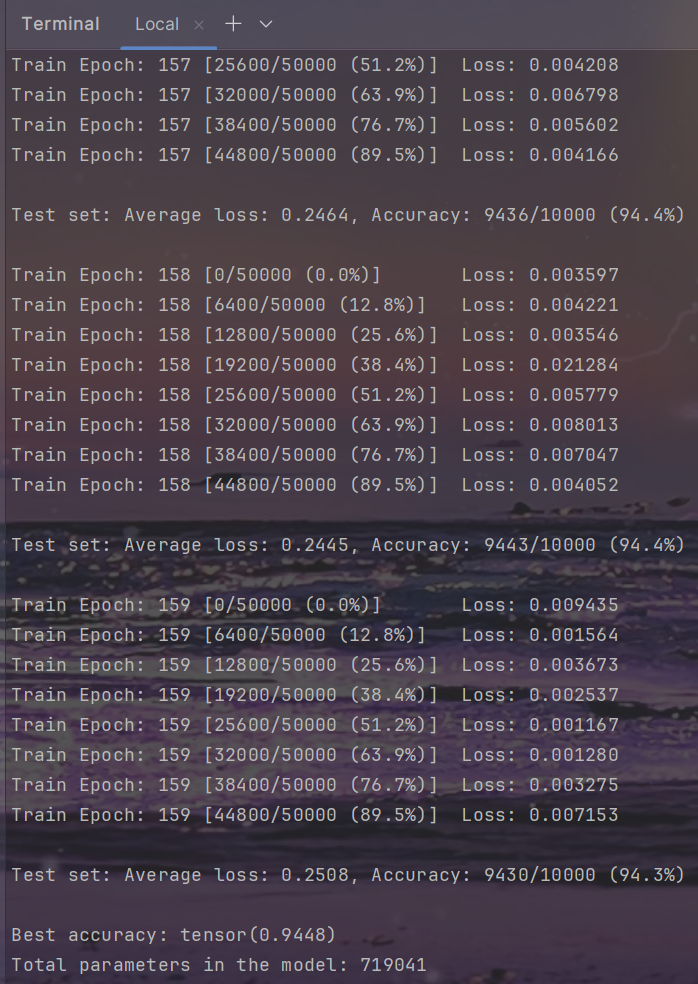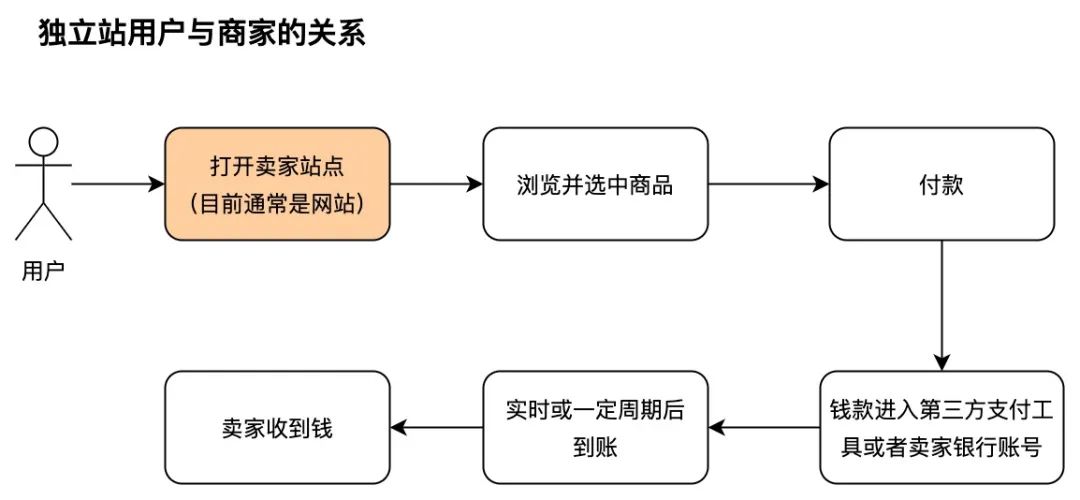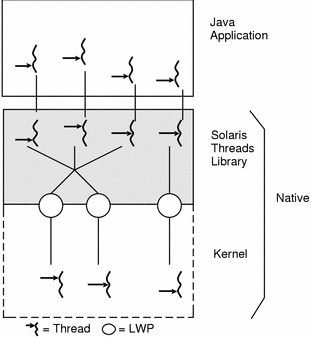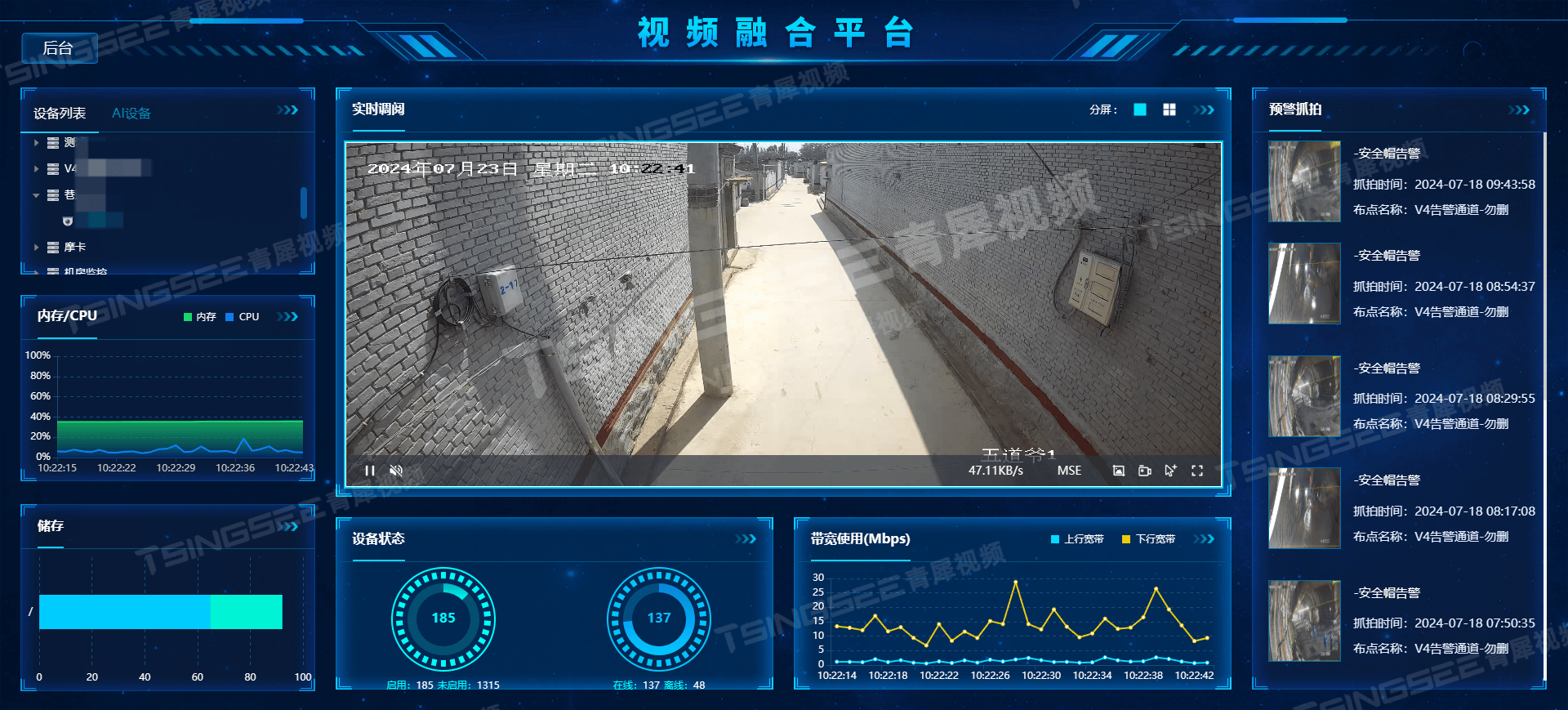在 Python 中,可以使用字典优化命令行参数的处理。特别是在处理多个选项或参数时,使用字典可以使代码更加简洁和易于维护。以下是一个使用 argparse 模块和字典来管理命令行参数的示例。

问题背景
在一个项目中,您需要根据用户通过命令行参数指定的模板编号(1-4),为相应的头部和尾部文件分配预定义的文件。代码中使用了一系列if语句,每个语句都对应一个模板编号,并根据编号分配文件。这些代码重复性很高,并且随着模板数量的增加,代码量也会随之增加。您希望使用一种更简短的方式来处理这些if语句。
解决方案
一种优化这种代码的方法是使用字典。字典是键值对的集合,键是模板编号,值是对应模板的文件路径。通过使用字典,您可以将所有模板编号和文件路径存储在一个地方,并使用模板编号作为键来快速查找对应的文件路径。
以下是优化后的代码示例:
if len(sys.argv) == 2:all_templates = ('template1', 'template2', 'template3', 'template4')if not sys.argv[1].startswith(all_templates):sys.exit("""Usage: python build.py --template1""")if sys.argv[1].startswith('--'):option = sys.argv[1][2:]templates = {'template1': ('static/template-1/header', 'static/template-1/header_forum', 'static/template-1/header_search', 'static/template-1/header_archive', 'static/template-1/footer_post', 'static/template-1/footer'),'template2': ('static/template-2/header', 'static/template-2/header_forum', 'static/template-2/header_search', 'static/template-2/header_archive', 'static/template-2/footer_post', 'static/template-2/footer'),'template3': ('static/template-3/header', 'static/template-3/header_forum', 'static/template-3/header_search', 'static/template-3/header_archive', 'static/template-3/footer_post', 'static/template-3/footer'),'template4': ('static/template-4/header', 'static/template-4/header_forum', 'static/template-4/header_search', 'static/template-4/header_archive', 'static/template-4/footer_post', 'static/template-4/footer')}template_files = templates[option]for file in template_files:hf = staticFile(file)header = hf()header = string.replace(header, "site_description", Settings.site_description)fh = staticFile(file)forum_header = fh()forum_header = string.replace(forum_header, "site_description", Settings.site_description)sh = staticFile(file)search_header = sh()search_header = string.replace(search_header, "site_description", Settings.site_description)ah = staticFile(file)archive_header = ah()archive_header = string.replace(archive_header, "site_description", Settings.site_description)fp = staticFile(file)footer_p = fp()footer_p = string.replace(footer_p, "footer_text", Settings.footer_text)fi = staticFile(file)footer_i = fi()footer_i = string.replace(footer_i, "footer_text", Settings.footer_text)
elif len(sys.argv) < 2:sys.exit("""Usage: python build.py --template1""")
elif len(sys.argv) > 2:sys.exit("""Usage: python build.py --template1""")
else:sys.exit("""Usage: python build.py --template1""")
在优化后的代码中,我们使用了字典templates来存储所有模板编号和文件路径。当用户指定一个模板编号时,我们使用该编号作为键来查找对应的文件路径,并根据这些文件路径来分配头部和尾部文件。这种方法大大减少了代码的重复性,并且随着模板数量的增加,代码量也不会随之增加。
这种方法特别适合需要处理多个命令的脚本或工具,使用字典不仅简化了代码,还增强了代码的灵活性和可维护性。



















